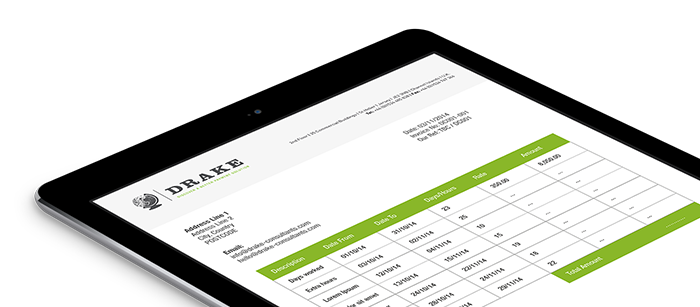-
Unemployment rate drops to 6.3%, lowest since reunification
-
Joblessness fell to seasonally-adjusted 2.77 million in Nov.
Germany’s unemployment rate unexpectedly dropped to a record low in a sign that robust domestic demand is bolstering confidence in the growth prospects for Europe’s largest economy.
The jobless rate fell to 6.3 percent in November, the lowest level since German reunification, from 6.4 percent the previous month, data from the Federal Labor Agency in Nuremberg showed on Tuesday. The number of people out of work declined a seasonally adjusted 13,000 to 2.77 million. Economists in a Bloomberg survey predicted the rate would remain unchanged and the number of jobless would decline by 5,000.
Germany’s Bundesbank has described the nation’s economic momentum as still "quite strong" with a solid labor market supporting domestic demand even as exports falter amid slower global growth. The European Central Bank is widely expected to expand stimulus for the euro area on Thursday, further fueling the recovery in the region.
"The outlook for the German labor market remains robust,” Andreas Rees, an economist at UniCredit SpA in Frankfurt, said before the report. “The economy is strong, job creation should continue and employment figures should continue to rise even if unemployment doesn’t fall further.”
The number of people without work fell by about 6,000 in western Germany and about 8,000 in the eastern part of the country, the report showed.
The jobless rate in the 19-nation currency bloc remained unchanged at 10.8 percent in October, according to a separate Bloomberg survey. That report is due on Tuesday at 11 a.m. from the European Union’s statistics office in Luxembourg.
German economic growth in the third quarter was led by private and government consumption, with public spending rising 1.3 percent, the fastest rate since the start of 2009.


Written by Peter Harrison
|
November 30, 2015